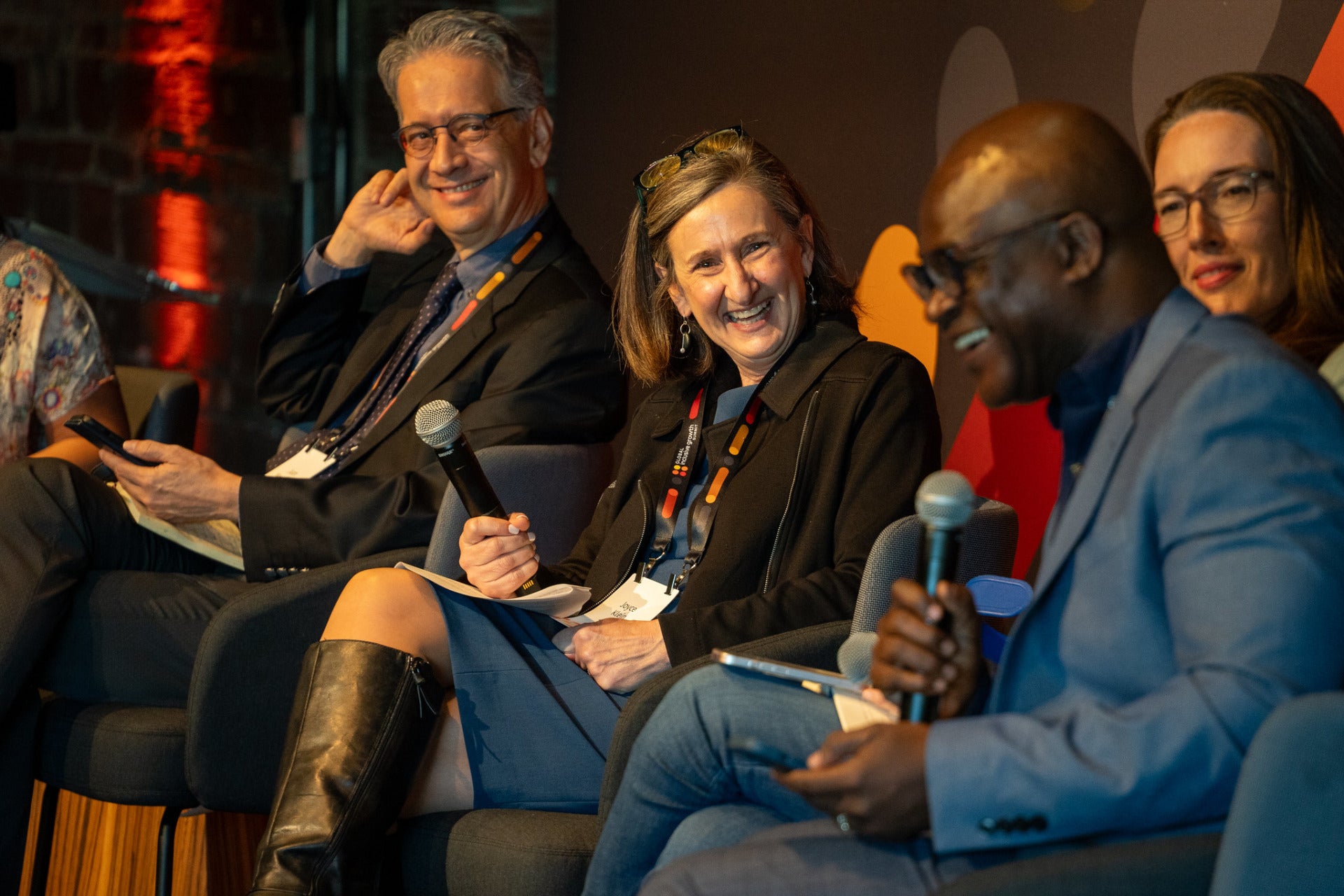The first half of 2020 has been incredibly turbulent for organizations supporting small and growing businesses (SGBs) in emerging markets, with the COVID-19 pandemic threatening entrepreneurs as well as the entire ecosystem around them. This threat is particularly important considering just how far the SGB sector had come by the end of 2019, capping a decade of progress building entrepreneurial ecosystems around the world. A new report from the Aspen Network of Development Entrepreneurs (ANDE) sheds new light on trends in the SGB sector from 2019 in terms of investment, donor support, and capacity building for entrepreneurs around the world.
ANDE identified 85 new investment vehicles specifically designed to provide capital for SGBs in Africa, Latin America, and sub-Saharan Africa, with a median target AUM of $35 million and committed capital to-date of at least $2.9 billion. Perhaps more notably, significant efforts over the past decade to mobilize more capital locally seem to be paying off: just over half of the managing organizations for these new funds are based in an emerging market. And this influx of private finance was accompanied by a set of major donor initiatives to use grant funds as “catalytic capital” to leverage more and riskier investment capital towards entrepreneurs that still struggle with access to appropriate financing, most notably through the MacArthur Foundation-led Catalytic Capital Consortium.
Capacity development providers continued to serve as critical enablers of business growth in 2019. ANDE’s membership alone supported over 190,000 SGBs last year, most commonly with business strategy and planning support as well as providing access to networks and partners. There seems to be a growing appreciation for the importance of tailored support services, which research strongly suggests is critical for the effectiveness of support services: while three-quarters of capacity development providers used some form of classroom training, the vast majority did so in combination with more customized services. 2019 also saw a significant focus on gender among capacity development providers, with 61% reporting an explicit gender focus on their programming. This was most commonly done by explicitly seeking to support women entrepreneurs. While this reflects a positive trend in the desire to help SGBs that set strong gender examples, the integration of practices to identify negative gender practice remained low: only 15% of support providers used restrictive screens for entrepreneurs with poor records on gender issues.
Donor funding for the sector has remained relatively consistent over the past decade, a trend that continued in 2018 (the last year for which data is available). Only 1.8% of donor funds went towards SME support, a decrease from 2018 but largely consistent with longer-term trends. More notably, the share of SME-related funding that goes towards projects that also have a gender or climate focus has seen a steady increase since 2015, which continued through last year. Donors do seem to be getting the message that linking environmental and gender issues with entrepreneurship is critical to developing economic for inclusive long-term growth.
At the end of 2019, the SGB sector had plenty to celebrate: as major sector organizations including ANDE and the Global Impact Investing Network (GIIN) turned 10 years old, and entrepreneurs in emerging markets had access to more capital and support than ever before. Unfortunately, of course, all of this progress is now threatened as investors, capacity builders, and the entrepreneurs they support all face what Startup Genome has called the risk of a “mass extinction event” for SGBs. Funders, governments, and investors must all step up to preserve the ecosystems that will allow entrepreneurs to continue to thrive and to serve as the backbone of the economic recovery from the pandemic, and make sure the sector has as much to celebrate in another decade as we had last year.

